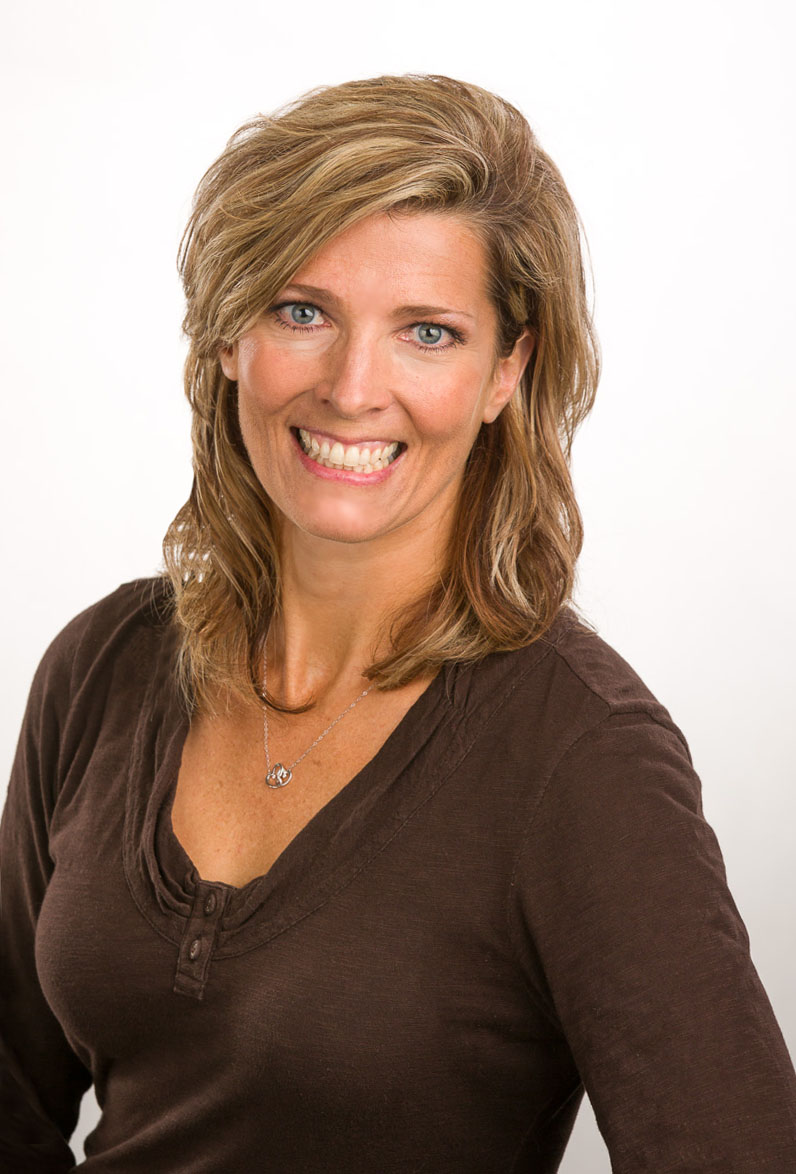
It’s been said that for every tragedy there is a miracle to make up for it somewhere else.
I don’t know who says this or if it actually happens, but I hope it’s true.
Sometimes in grief after tragedy, hope is all we have.
… Well, that and prayer.
Lots of prayer. … By lots of good people who have been very good to us.
In the days and months following the Sept. 13, 2022, death of our Carson, many people were very generous — with food, gifts, thoughtful words and deeds … and cash.
… Lots and lots of cash.
Someday I will appropriately thank each and every one, even if it’s a year from now. Because I’m so very grateful.
Meanwhile, we’re pleased to announce these gifts are already being put to good use with “Carson’s Cause” through the Luverne Area Community Foundation.
The gifts recently funded a series of clever children’s books to guide elementary school approaches to brain health (see page 3A). And Carson’s Cause will sponsor Climb Theatre plays (customized for brain health) in classrooms this fall.
We believe the language we use (or don’t use) to talk about brain health is among the reasons suicide is becoming an epidemic.
It’s hard to get help for our brains if we’re ashamed to acknowledge we need help. And if we can’t even talk about it, it’s hard to improve a health care system that’s failing us.
If we need medicine for diabetes or high blood pressure, we have no problem talking about it. But if we need a prescription for brain health, we’d rather not disclose that weakness. (And health insurers bank on that.)
It’s hard to change existing bias, but we’re hoping to change future attitudes by guiding today’s children.
Students can spot a bully in the playground a mile away, and they know how to help. Why? Because thoughtful educators have made it part of their everyday dialogue in school.
They don’t use the R word (“retarded”) and they embrace students who are different (in wheelchairs or with other “special” needs).
With similar guidance, we believe kids who know how to talk about brain health will know how to ask for help when they’re not feeling well, and they’ll know how to help someone else who may not be feeling well.
It's a bit more complicated than a toothache, but our hope is that today’s kids will be tomorrow’s grownups who discuss a brain health appointment like they would a trip to the dentist.
Ultimately, we’re hoping for a brighter future … for people seeking brain health care to get help before they consider suicide as an option.
Will it help? We think so.
Will it prevent suicide? We hope so. We’re hoping for small miracles.
And hope, in the wake of a tragedy like suicide, is a very good thing.




